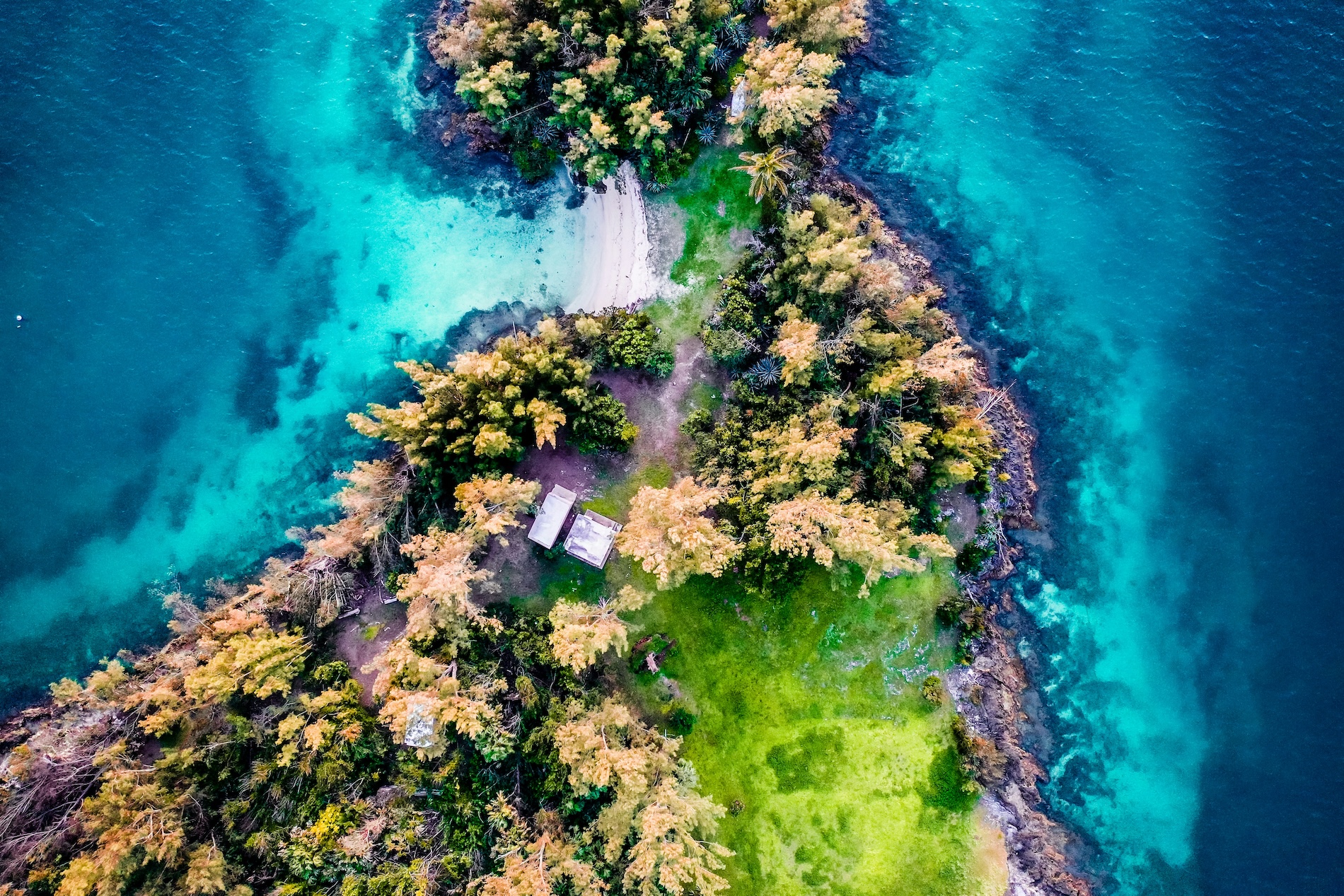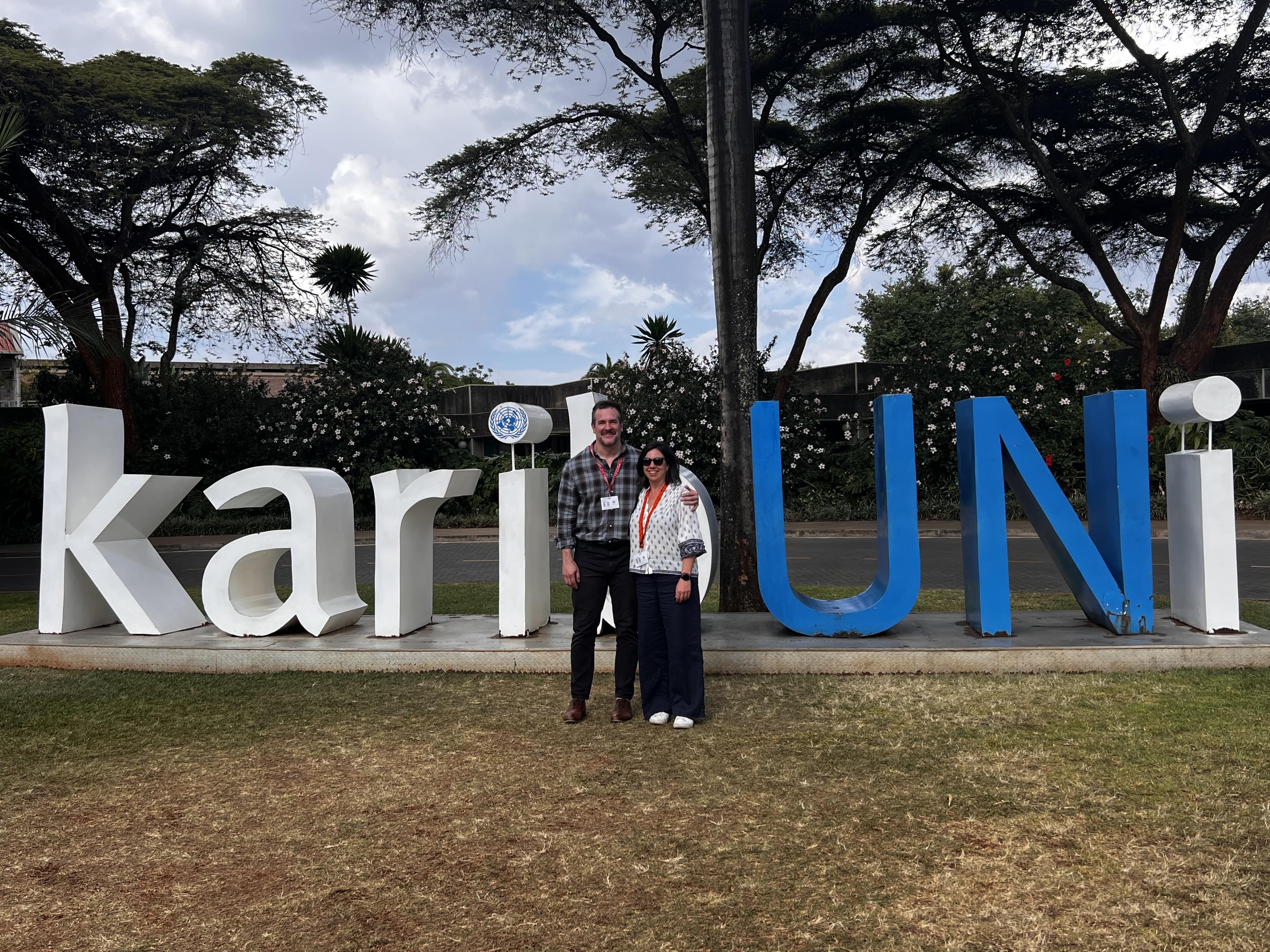A Huge Policy and Scientific Gap in the UN Ocean Conference

Despite initial apprehension, and with the absence of a senior US delegation and President Donald Trump’s recent executive order to start deep-sea mining operations that disregards environmental concerns and calls for a global moratorium, the 3rd United Nations Ocean Conference (UNOC-3) was held from 9-13 June this year in Nice, France. It ended with a “wave of commitments” in the form of a Nice Ocean Action Plan and a general sense of urgency that there’s a small window of opportunity to prevent irreversible damage to marine ecosystems from happening.
Although the conference had examples of countries coming together to promote the ratification of very important agreements concerning the ocean, such as the High Seas Treaty (also known as BBNJ agreement or marine biological diversity of areas beyond national jurisdiction) and the Global Plastics Treaty, I left Nice deeply concerned about the absence of formal talks related to marine carbon dioxide removal (mCDR), targeted Arctic interventions, and solar geoengineering.
The One Ocean Science Congress, held a couple of days before UNOC-3, did include mCDR in its program under theme 2 (Effectiveness, equitability and safety of ocean-based approaches to reach the mitigation and adaptation goals of the Paris Climate Agreement), clearly stating that “the potential, benefits, side-effects and risks associated with these strategies and options remain largely unknown, both for marine ecosystems and for society at large.”
During the week of UNOC, however, no discussions about climate intervention technologies were included in the official program. If it weren’t for a couple of side events about targeted Arctic interventions at the cryosphere pavilion in the Green Zone (far away from the countries’ delegates located in the Blue Zone) and a couple of off-site events about mCDR, the topic would have been left unmentioned in the conference for the whole week.
At this critical moment for the ocean, the cryosphere and coastal lines, why are policymakers afraid of discussing climate altering technologies? Governments should be more scared of the impacts of not talking about them. What is their plan for preventing coral reefs from bleaching entirely, and losing Arctic summer sea ice, for example? We know that not talking about climate intervention technologies won’t make the issue go away – both in terms of climate change itself and the technologies’ uncertainties. And we also know that private actors and individual countries currently have fertile grounds to develop and deploy as they see fit in currently unregulated environment, which may be an even bigger risk than not having challenging conversations altogether.
Perhaps it’s time that the ones who have the most at stake when it comes to these technologies, such as Large Ocean States (Small Island Developing States – SIDS), have a platform to engage on these topics, especially intergovernmental fora.
The idea that multilateralism can’t work to regulate climate intervention technologies is losing credibility, as we are starting to see movement in the ocean governance space that show that addressing emerging spaces is possible. For example, several countries are calling for a moratorium on deep-sea mining in international waters until science can properly assess its risks. The Plastics Treaty addresses the transboundary impacts of plastic pollution. And in the case of the High Seas Treaty, countries are collaborating on governance for areas that are out of any countries’ territories. Could that be the case for the stratosphere one day? Or for the protection of the coral reefs as a global common good? What about the transboundary impacts of glacier melt in the Arctic and sea level rise in island states?
That’s not to say that these negotiations are easy. Having followed the work of the INC-2 (2nd session of the Intergovernmental Negotiating Committee to develop an international legally binding instrument on plastic pollution, including in the marine environment) and deep sea mining conversations closely, I’ve seen that reaching consensus is a very challenging and cumbersome process. We know it takes time, all the while the negative impacts of the climate crisis keep increasing by the year. If we want to build good governance, a lengthy process, having climate intervention discussions far removed from the policy space because of its complexity can’t be a wise strategy, quite the contrary. Biodiversity, ocean health, and the climate won’t wait, and the longer we postpone this conversation, the harder it will be to reach any legitimate decisions. What are policymakers waiting for to start taking them seriously?
Join Our Community
Stay informed about the latest developments in solar geoengineering and how you can make a difference. Subscribe to our newsletter for insights, updates, and opportunities to get involved.



.png)





.jpg)
.jpg)
.jpg)